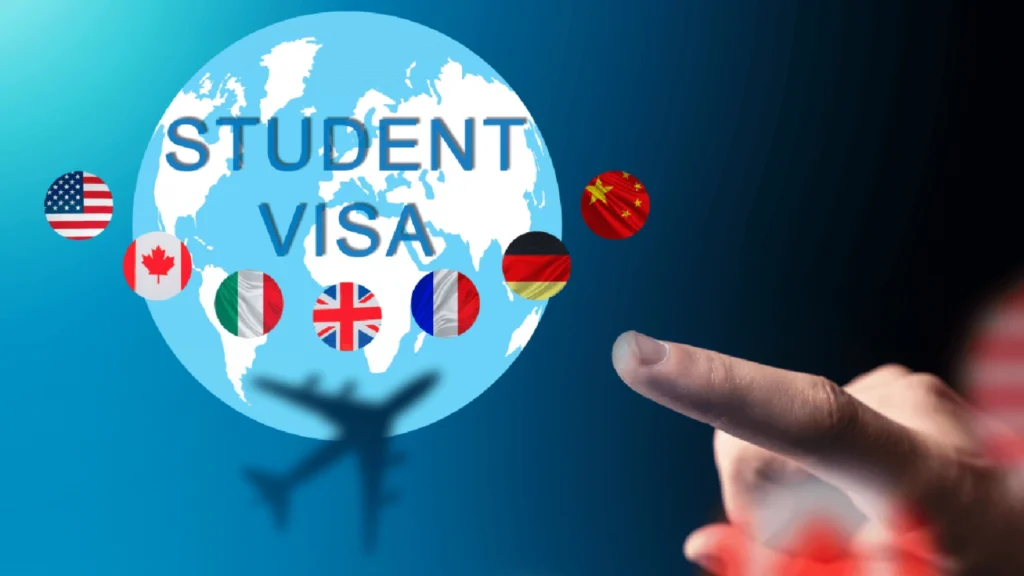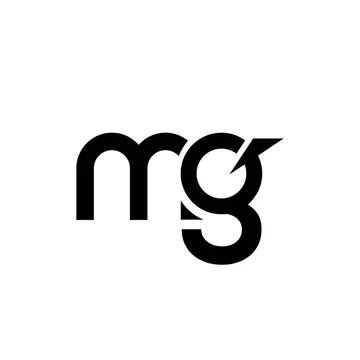Study Visa Requirements: Essential Documents You Need

Studying abroad is an exciting opportunity, but before you can pack your bags, you need to secure a study visa. One of the most critical steps in the application process is preparing the required documents. Missing even a single document can lead to delays or visa rejection.
This guide will help you understand the essential documents you need for a study visa application, ensuring a smooth and hassle-free process.
1. What is a Study Visa?
A study visa is an official document or stamp in your passport that allows you to study in a foreign country for a specific period. It is granted to students accepted into recognized educational institutions.
📌 Key Features of a Study Visa:
✅ Allows full-time study in the destination country.
✅ May allow part-time work (varies by country).
✅ Typically valid for the duration of the course + extra months.
✅ Requires proof of financial stability and admission to a university.
2. Essential Documents Required for a Study Visa
Different countries have different visa requirements, but some documents are universally required. Below is a list of essential documents you need for a successful study visa application.
📝 1. Valid Passport
- Your passport must be valid for at least 6-12 months beyond your intended stay.
- Ensure it has at least two blank pages for visa stamping.
- If your passport is close to expiration, renew it before applying for a visa.
📄 2. Visa Application Form
- Each country has its own study visa application form that you must fill out correctly and completely.
- Forms can usually be completed online or in print.
- Any false or incomplete information can lead to visa rejection.
🎓 3. Proof of Admission (Acceptance Letter from University)
- You must provide an official acceptance letter from a recognized university or educational institution.
- The letter should include your name, course details, duration, and tuition fee payment confirmation.
- Some countries also require a confirmation of enrollment (CoE) or a Student and Exchange Visitor Information System (SEVIS) receipt (USA only).
💰 4. Proof of Financial Support
- You must prove that you can afford tuition fees and living expenses during your studies.
- Financial proof may include:
✅ Bank statements (last 6 months).
✅ Sponsorship letter (if someone else is funding you).
✅ Scholarship or financial aid letter.
✅ Fixed deposit certificates or student loans. - Most countries require you to show enough funds to cover at least one year of expenses.
🗣 5. English Language Proficiency Test Scores
- If your course is taught in English, you must provide proof of English language proficiency.
- Commonly accepted tests include:
✅ IELTS (International English Language Testing System).
✅ TOEFL (Test of English as a Foreign Language).
✅ PTE (Pearson Test of English).
✅ Duolingo English Test (some universities accept this). - Minimum score requirements vary by country and university.
🏥 6. Medical Examination Report
- Some countries require a health check-up and vaccination records before issuing a study visa.
- You may need a medical fitness certificate from an authorized doctor.
- Common medical requirements include:
✅ Chest X-ray and Tuberculosis (TB) test (for countries like UK, Canada, Australia).
✅ Proof of COVID-19 vaccination (if required).
🏠 7. Proof of Accommodation
- You must show evidence of where you will stay while studying abroad.
- Accepted documents include:
✅ University dormitory confirmation.
✅ Rental agreement or host family letter.
✅ Hotel booking confirmation (for initial stay).
📸 8. Passport-Sized Photographs
- You need recent passport-size photos that meet specific size and background requirements.
- Most countries require photos to be:
✅ 35mm x 45mm or 50mm x 50mm in size.
✅ With a plain white background.
✅ No shadows, glasses, or head coverings (unless for religious reasons).
📝 9. Statement of Purpose (SOP) or Letter of Intent
- Some countries require a Statement of Purpose (SOP) explaining:
✅ Why you chose the country and university.
✅ Your study plans and future career goals.
✅ How you plan to fund your education. - A well-written SOP increases your chances of visa approval.
👮 10. Police Clearance Certificate (PCC)
- A Police Clearance Certificate (PCC) proves that you have no criminal record.
- Required by countries like Canada, USA, UK, and Australia.
- Obtainable from local police stations or online government portals.
3. Additional Documents Required by Some Countries
Some countries may ask for extra documents:
📌 For USA (F-1 Visa)
✅ SEVIS Fee Payment Receipt
✅ I-20 Form from the University
📌 For Canada (Study Permit)
✅ Guaranteed Investment Certificate (GIC) for financial proof
✅ Custodian Declaration Form (for students under 18)
📌 For Germany (Student Visa)
✅ Blocked Bank Account Proof (Sperrkonto)
✅ APS Certificate (for students from certain countries)
4. How to Submit Your Study Visa Application
✅ Step 1: Gather all required documents.
✅ Step 2: Fill out the visa application form correctly.
✅ Step 3: Pay the visa application fee.
✅ Step 4: Book a visa interview appointment (if required).
✅ Step 5: Attend the visa interview and submit biometric details.
✅ Step 6: Wait for visa processing and approval.
5. Common Mistakes to Avoid in Your Visa Application
🚫 Submitting incomplete or incorrect documents.
🚫 Providing false information (can lead to a visa ban).
🚫 Not having enough financial proof.
🚫 Applying too close to the course start date (apply at least 3-6 months in advance).
🚫 Missing your visa interview appointment.
Conclusion
Applying for a study visa requires careful preparation of essential documents to ensure a smooth approval process. From a valid passport and university acceptance letter to financial proof and medical certificates, every document plays a crucial role.
By following this checklist and avoiding common mistakes, you’ll increase your chances of securing a study visa and starting your academic journey abroad!
Frequently Asked Questions (FAQs)
1. How long does it take to process a study visa?
Visa processing times vary by country:
- USA: 2-6 weeks
- Canada: 4-12 weeks
- UK: 3-8 weeks
- Australia: 4-8 weeks
- Germany: 6-12 weeks
2. Can I apply for a study visa without IELTS?
Some universities accept students without IELTS if they have studied in an English-medium institution or take an alternative test like Duolingo or PTE.
3. Do I need a visa if my course is less than 3 months?
For short courses, some countries allow study on a tourist visa. However, it’s best to check the specific country’s rules.
4. Can I work while studying on a student visa?
Most countries allow students to work part-time, typically 10-20 hours per week.
5. What happens if my visa is rejected?
You can reapply with stronger documentation or appeal the decision if permitted. Always check the reason for rejection before reapplying.


Leave a Reply